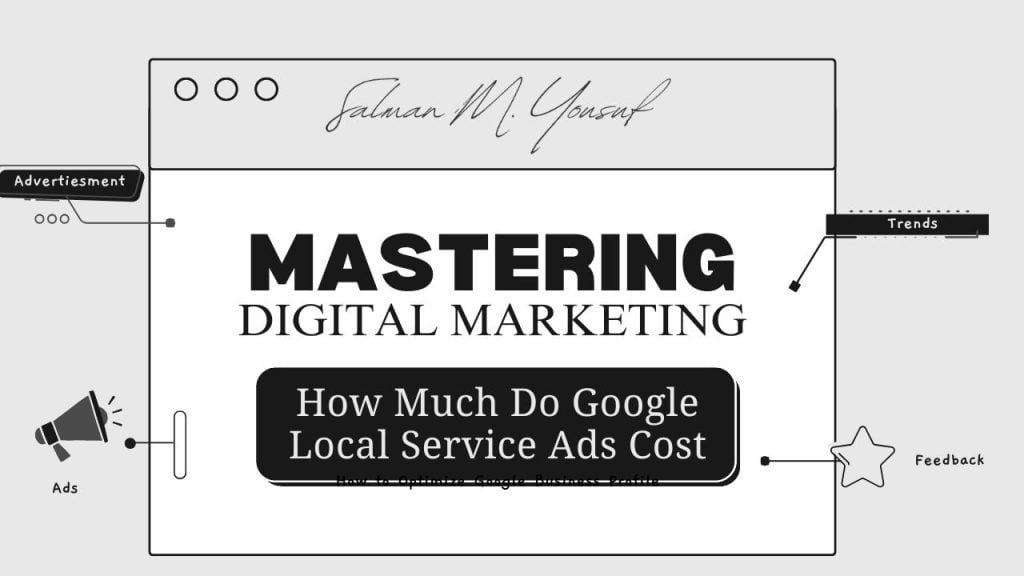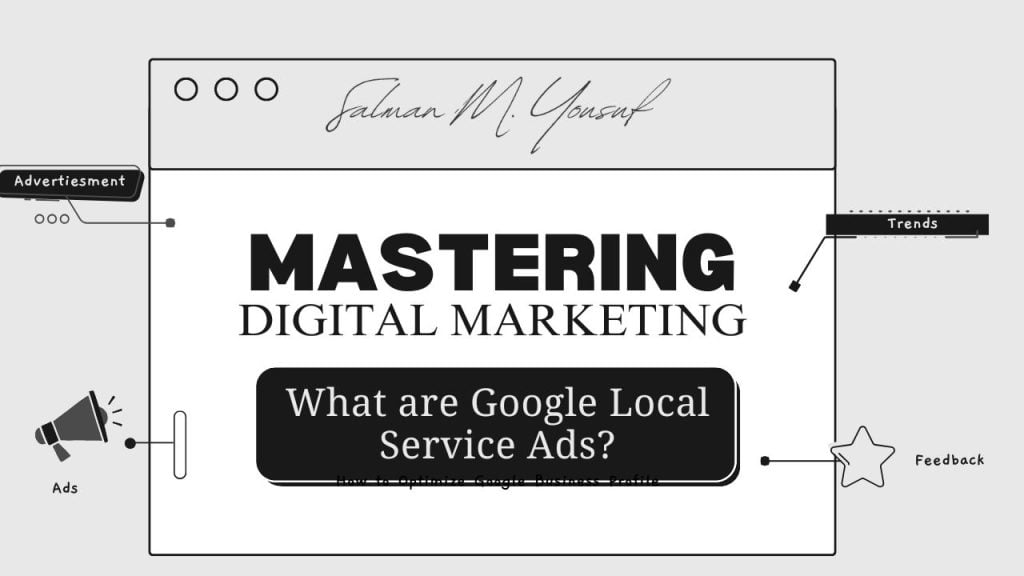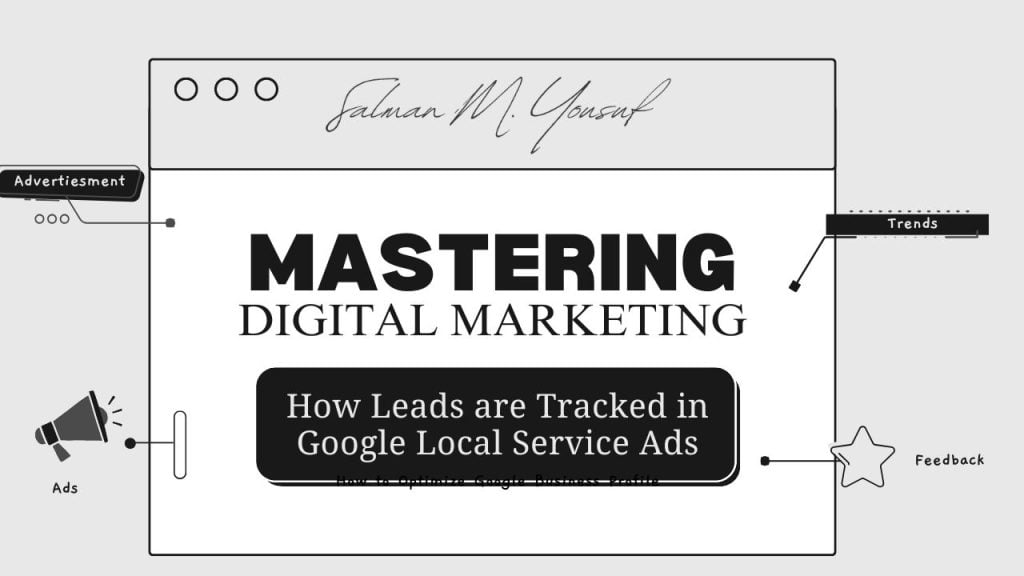In today’s fast-paced digital landscape, customers no longer settle for a one-size-fits-all approach. They crave personalized experiences—tailored recommendations, content that resonates with their interests, and brands that understand their unique preferences. But delivering such personalized experiences to millions of customers at scale is no easy feat.
AI is revolutionizing how businesses interact with customers. AI-powered personalization allows companies to analyze vast amounts of data and provide highly targeted, meaningful customer experiences. It’s not just a trend—it’s the future of customer engagement.
In this blog, we’ll explore how AI is transforming personalization, the benefits for businesses, and practical ways to harness AI for a personalized customer experience that truly connects.
Why Personalization Matters More Than Ever
Gone are the days when customers were satisfied with generic marketing messages and cookie-cutter content. Today, they expect brands to understand their needs, predict their desires, and engage with them on a personal level.
In fact, research shows that 80% of customers are more likely to do business with a company that offers personalized experiences. Not only does personalization increase customer satisfaction, but it also drives loyalty and retention. In short, personalization is no longer optional — it’s essential.
Here’s where AI comes into play.
How AI is Powering Personalized Experiences
AI has the unique ability to process enormous volumes of data in real time, which makes it a powerful tool for personalization. Whether it’s product recommendations, targeted ads, or personalized content, AI is the engine behind many of the personalized experiences you encounter today.
Here are a few key ways AI is transforming customer personalization:
Tailored Product Recommendations
One of the most common and effective uses of AI is in product recommendations. Have you ever browsed Amazon or Netflix and noticed eerily accurate suggestions based on your previous activity? That’s AI in action.
By analyzing a customer’s behavior—such as past purchases, search history, and even the amount of time spent viewing certain products—AI algorithms can predict what a customer is likely to want next. This results in highly personalized product suggestions, increasing the chances of a purchase.
The result? A higher conversion rate and a more engaging experience for the customer.
Dynamic Content and Messaging
Personalization isn’t just about offering the right product—it’s also about delivering the right message at the right time. AI enables marketers to dynamically personalize website content, emails, and even ads to align with a customer’s preferences and behaviors.
For example, an AI-powered email marketing platform might send you tailored subject lines based on your past interactions with similar emails. Likewise, websites can alter banners, copy, and call-to-action buttons based on what AI has learned about the individual user, such as their location, demographics, or browsing habits.
This dynamic personalization ensures that every interaction a customer has with your brand feels uniquely relevant to them.
Predictive Analytics
AI doesn’t just react to customer behavior—it can also predict future actions. With predictive analytics, AI analyzes historical data to forecast customer needs before they even express them. This allows businesses to be proactive rather than reactive.
For instance, a company might use AI to predict when a customer is about to churn based on changes in engagement patterns. With this insight, the company can send targeted offers or incentives to re-engage the customer and prevent churn before it happens.
In essence, predictive analytics helps businesses stay one step ahead, ensuring that they’re always delivering timely, personalized interactions.
Chatbots and Virtual Assistants
AI-powered chatbots are becoming an integral part of customer service, delivering personalized assistance in real time. These chatbots aren’t your typical rigid, scripted responses—they use natural language processing (NLP) to understand and mimic human conversations.
AI chatbots can analyze a user’s questions and respond with relevant, personalized answers based on prior interactions. They can even anticipate follow-up questions, provide product recommendations, or direct customers to specific web pages tailored to their needs.
Not only do chatbots enhance the customer experience, but they also free up human resources to focus on more complex tasks, improving efficiency.
Hyper-personalized Marketing Campaigns
AI has revolutionized how marketers build and execute campaigns. By analyzing customer data such as demographics, browsing behavior, and purchase history, AI can segment audiences with pinpoint accuracy. This means brands can create hyper-personalized marketing campaigns that speak directly to individual interests.
For example, instead of sending out a mass email with a single promotion, an AI-powered system could send thousands of personalized emails, each with different product suggestions, offers, or content, depending on the recipient’s behavior.
This level of personalization not only drives higher engagement but also significantly boosts the chances of conversion.
The Benefits of AI-powered Personalization
AI’s ability to deliver personalized customer experiences offers a host of benefits for businesses looking to deepen customer relationships and drive growth. Here are some of the top advantages:
Increased Customer Engagement
When customers receive personalized content that aligns with their needs and interests, they’re more likely to engage with your brand. AI ensures that customers are receiving messages, offers, and recommendations that feel personal and relevant, increasing the likelihood of interaction.
Improved Customer Loyalty
Personalization helps create deeper, more meaningful relationships with customers. By showing that you understand and value their individual preferences, you foster a sense of loyalty. This keeps customers coming back and reduces churn.
Higher Conversion Rates
AI-driven personalization leads to more effective marketing and sales strategies. Whether it’s through targeted ads, tailored recommendations, or predictive analytics, customers are more likely to convert when their experience feels tailored to their needs.
Operational Efficiency
AI allows businesses to automate personalization at scale. Whether you’re running email campaigns, managing product recommendations, or offering customer support, AI automates these tasks, allowing for a more efficient allocation of resources.
How to Implement AI-powered Personalization in Your Business
Ready to harness the power of AI for personalized customer experiences? Here are some practical steps to get started:
Leverage Customer Data
Personalization begins with data. Start by collecting customer data from various touchpoints, including website activity, email engagement, and purchase history. The more data you have, the more accurate and effective your AI-driven personalization will be.
Choose the Right AI Tools
There are numerous AI-powered tools available that can help you personalize your customer interactions. Whether it’s a CRM with built-in AI analytics, an AI-powered chatbot platform, or a content personalization tool, choose technology that aligns with your business goals.
Create Personalized Campaigns
Use AI to segment your audience based on behaviors and preferences. Once segmented, create personalized marketing campaigns that target these groups with relevant content, offers, and messaging.
Test and Optimize
AI thrives on data, so it’s essential to continuously monitor your personalization efforts and refine them over time. Test different strategies, analyze the results, and optimize your approach based on what’s working.
The Future of Personalization with AI
AI has already transformed how businesses personalize the customer experience, but we’re only scratching the surface of its potential. As AI technology advances, we’ll see even more sophisticated personalization tactics—ranging from real-time customization of virtual and augmented reality experiences to hyper-personalized voice assistants that understand every nuance of a customer’s preferences.
In the future, AI-powered personalization will blur the line between human and machine interactions, creating seamless, individualized experiences that customers won’t just appreciate—they’ll expect.
Conclusion: AI is Redefining Personalization
Personalizing the customer experience is no longer a luxury—it’s a necessity. With AI, businesses can move beyond basic segmentation and offer truly individualized interactions that resonate with customers on a personal level. By embracing AI-powered personalization, companies can increase engagement, build loyalty, and drive sales in ways that weren’t possible before.
The future of marketing is personalized, and AI is the key to unlocking its full potential. So, the question is: are you ready to embrace AI and deliver the personalized experiences your customers crave?





